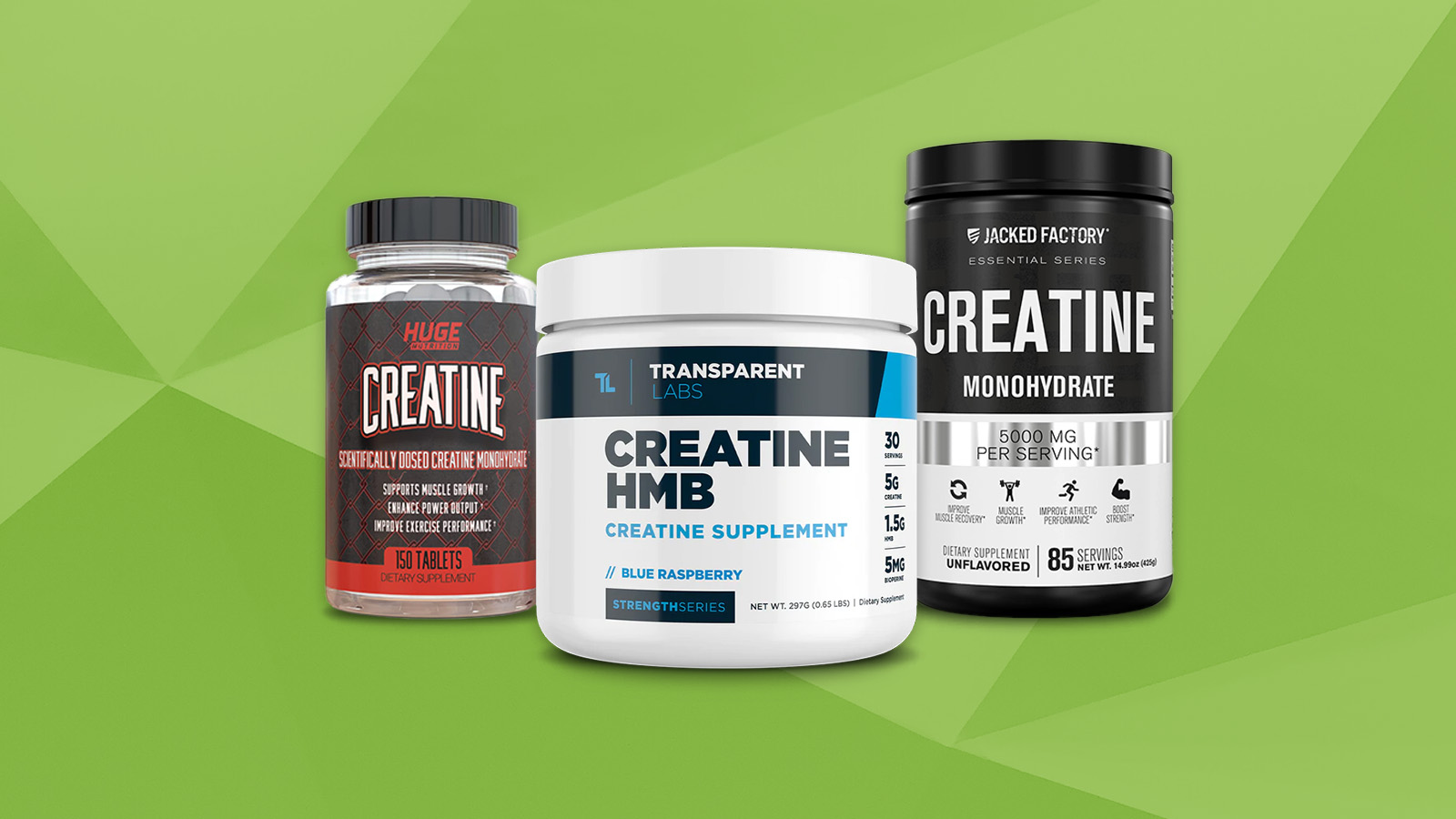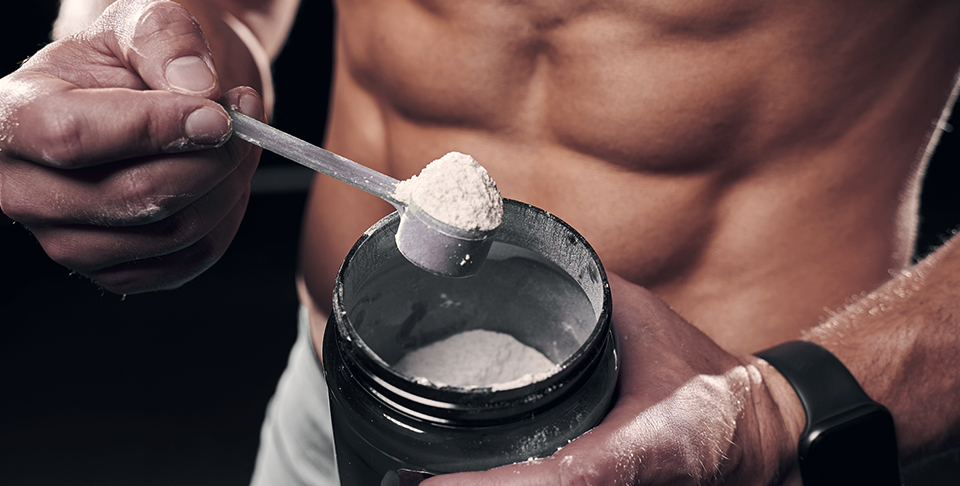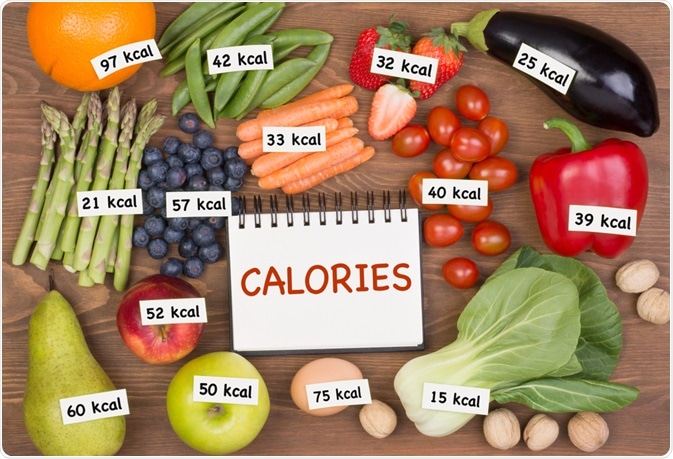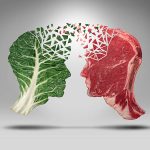
Creatine, a popular dietary supplement among athletes and fitness enthusiasts, has been a subject of curiosity when it comes to its potential impact on weight gain. This article aims to explore the relationship between creatine supplementation and weight gain, shedding light on the mechanisms behind it.
Understanding the effects of creatine on weight can help individuals make informed decisions regarding its use and align their fitness goals accordingly.
Before delving into the specifics, it is crucial to emphasize the importance of comprehending the relationship between creatine and weight gain. This understanding can help individuals set realistic expectations, determine the appropriateness of creatine supplementation for their goals, and make informed decisions about their overall fitness and nutrition strategies.
What is Creatine?

Creatine is a naturally occurring compound found in small amounts in various foods, such as meat and fish, and is also synthesized in the liver, kidneys, and pancreas. In the body, creatine plays a vital role in energy production, particularly during high-intensity, short-duration activities like weightlifting or sprinting.
Creatine functions as a source of quick energy by helping regenerate adenosine triphosphate (ATP), the molecule responsible for providing energy to muscle cells. When ATP is broken down, it becomes adenosine diphosphate (ADP), and creatine steps in to facilitate the conversion of ADP back into ATP, ensuring a continuous supply of energy for muscle contraction.
While creatine can be obtained from dietary sources, it is primarily found in animal products like meat and fish. However, the concentration of creatine in these foods is relatively low compared to the amounts used in supplementation. Therefore, individuals who follow plant-based or vegetarian diets may have lower endogenous creatinine levels.
Creatine supplementation has been extensively studied and shown to have several performance-enhancing effects. It has been associated with increased strength, power, and muscle mass, as well as improved exercise capacity and performance during high-intensity, short-duration activities. By providing additional energy to the muscles, creatine allows individuals to train at higher intensities and recover more efficiently.
Mechanism of Weight Gain
Creatine supplementation can contribute to weight gain through various mechanisms. Firstly, one notable effect is water retention. Creatine has been shown to increase intracellular water content in muscle cells, leading to temporary weight gain. This water retention can give the appearance of a higher body weight on the scale, but it is not indicative of actual fat gain.
Additionally, creatine supplementation is associated with an increase in muscle mass and weight. By enhancing energy availability and promoting protein synthesis, creatine supports muscle growth. This increase in muscle mass can contribute to overall weight gain, but it should be noted that muscle is denser than fat.

It is crucial to differentiate between fat gain and muscle gain when evaluating the effects of creatine on weight. While creatine can contribute to increased muscle mass, it does not directly cause fat gain. Proper training and dietary practices are essential to maximize muscle gain while minimizing fat accumulation.
Studies on Creatine and Weight Gain
Numerous scientific studies have investigated the relationship between creatine supplementation and weight gain, providing valuable insights into its effects. By reviewing the existing research, we can gain a better understanding of this topic.
Examination of controlled studies reveals that creatine supplementation is consistently associated with weight gain. However, it is crucial to analyze the nature of this weight gain. Studies have found that the increase in weight is primarily attributed to water retention rather than fat accumulation. This temporary water retention occurs as creatine promotes intracellular hydration within muscle cells.
When analyzing weight changes in creatine users, it is essential to consider the duration of the studies and the dosages administered. Short-term studies typically demonstrate more pronounced weight gain due to water retention. However, over a longer period, as the body adapts to creatine supplementation, the water retention effect may diminish. Dosage also plays a role, as higher doses tend to result in more substantial initial weight gain.
Conflicting findings in studies on creatine and weight gain do exist. Some studies suggest minimal weight gain, while others report more significant increases. These variations may be attributed to factors such as individual response to creatine, differences in study designs, and variations in participants’ training and diet.
Overall, the scientific literature supports the notion that creatine supplementation leads to weight gain, primarily due to water retention. However, it is important to interpret these findings in the context of overall body composition changes and consider individual responses to creatine. Further research is needed to explore the long-term effects of creatine supplementation on weight and clarify the potential variances observed in different studies.
Other Factors Influencing Weight Gain
When considering the impact of creatine on weight gain, it is essential to recognize that several factors beyond creatine supplementation itself can influence changes in weight. Here are three key factors to consider:
- Role of Diet and Caloric Intake
Diet plays a significant role in weight gain or loss, regardless of creatine supplementation. To maximize the benefits of creatine, it is crucial to maintain a balanced diet that provides adequate calories and nutrients.

Consuming a surplus of calories is typically required to support muscle growth. However, excessive caloric intake can lead to unwanted fat gain. It is essential to strike a balance and tailor the diet to individual goals and needs.
- Influence of Exercise Regimen and Training Intensity
The type and intensity of exercise regimens can impact weight changes when using creatine. Resistance training, combined with creatine supplementation, has been shown to enhance muscle growth.
Regular and structured exercise programs that target specific muscle groups can help optimize the effects of creatine on weight gain. The intensity of workouts also plays a role, as higher intensity training can elicit greater muscle hypertrophy and metabolic changes.
- Potential Individual Differences in Response to Creatine
Individual responses to creatine supplementation can vary. Some individuals may experience more substantial weight gain, while others may have a more modest response.
Factors such as genetics, body composition, metabolism, and existing creatine levels in the body can influence these individual differences. It is important to understand that the effects of creatine on weight gain can vary among individuals, and personal experimentation may be necessary to determine the optimal response.
Considering these factors alongside creatine supplementation can provide a more comprehensive understanding of the potential weight changes individuals may experience. By incorporating proper nutrition, tailored exercise routines, and recognizing individual variability, individuals can optimize the effects of creatine on weight gain and achieve their desired fitness goals.
Health Implications and Considerations

While creatine is generally considered safe for most individuals, it is essential to be aware of potential side effects. Consulting a healthcare professional before starting creatine supplementation is recommended, especially for individuals with pre-existing medical conditions or those taking medications.
Special considerations should be given to specific populations, such as athletes who may be subject to anti-doping regulations and individuals with kidney issues who may require careful monitoring.
Conclusion
In conclusion, creatine supplementation can contribute to weight changes, primarily through muscle gain and temporary water retention. It is important to consider the impact of creatine on body composition and set realistic expectations.
Consulting a healthcare professional and considering individual goals and circumstances is crucial before deciding to use creatine. Ultimately, the decision to use creatine should be personalized, taking into account individual needs, preferences, and fitness goals.
Frequently Asked Questions
- Does creatine supplementation directly cause weight gain?
Creatine supplementation can lead to weight gain, but it is important to understand the nature of this gain. The increase in weight is primarily attributed to temporary water retention within muscle cells rather than fat accumulation. Proper training and dietary practices are essential to maximize muscle gain while minimizing fat accumulation.
- Can creatine alone make me gain muscle mass?
Creatine supplementation can support muscle growth by enhancing energy availability and promoting protein synthesis. However, it is important to note that creatine alone is not solely responsible for muscle gain. A well-rounded approach that includes resistance training, proper nutrition, and adequate recovery is crucial for optimizing muscle growth.
- Why do individuals respond differently to creatine supplementation in terms of weight gain?
Individual responses to creatine can vary due to factors such as genetics, body composition, metabolism, and existing creatine levels in the body. These factors influence how the body utilizes and responds to creatine. Therefore, it is essential to recognize that the effects of creatine on weight gain can vary among individuals, and personal experimentation may be necessary to determine the optimal response.


























